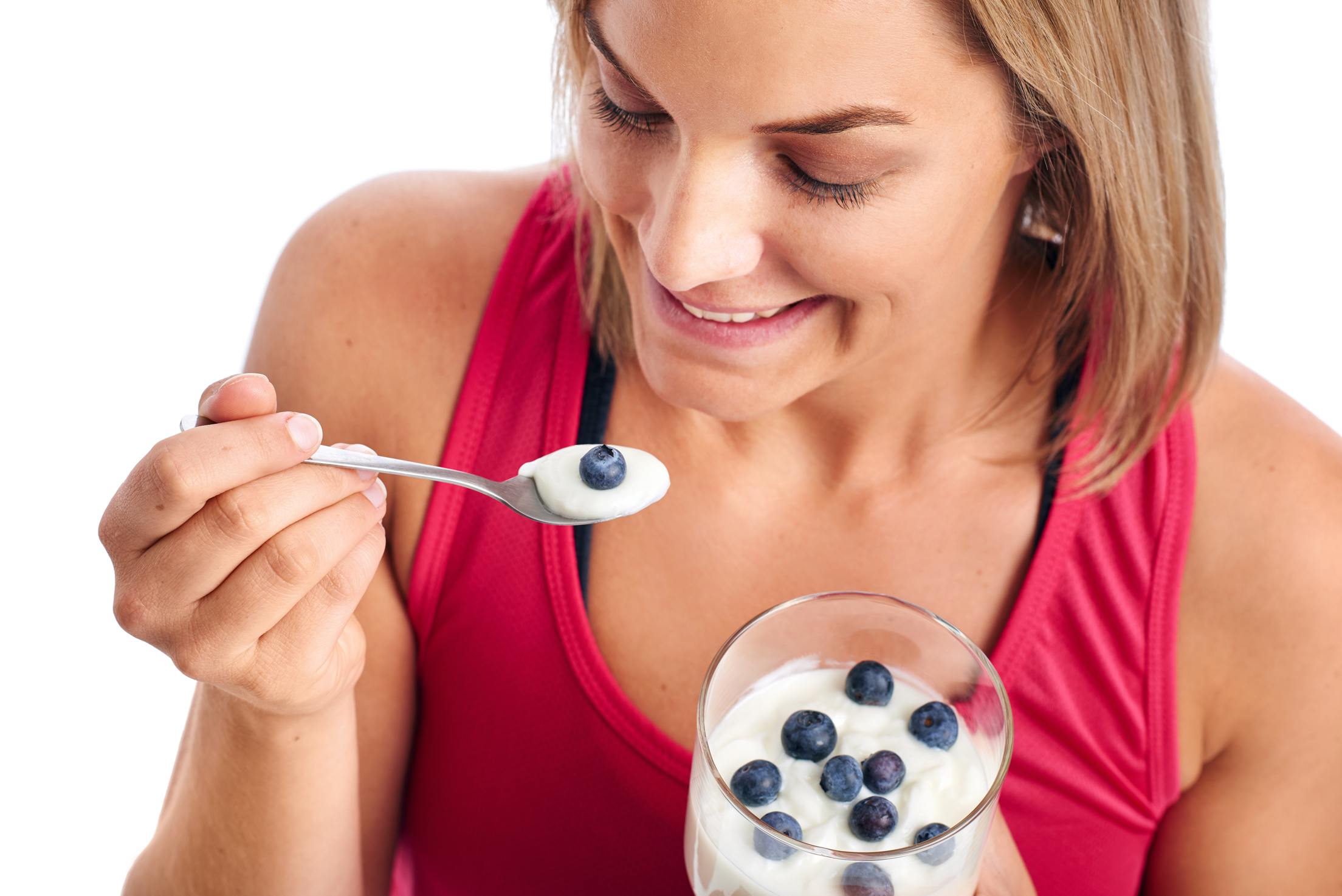What researchers are learning about the microbiome (the community of microorganisms – bacteria, viruses, fungi – that live in our bodies) is really important for your health and the health of your baby. Researchers at the National Institutes of Health (NIH) have been working on the Human Microbiome Project for several years. Exploring the human microbiome is a bit like Star Trek. The microbiome may be a final frontier of the human body. Researchers are boldly exploring new worlds and going where no man has gone before.
The Human Microbiome Project (HMP) has found that the number of known human microbesis not the few hundred that we thought, but is actually over 10,000 species! Their tool is not a starship. It is the DNA sequencing machine. We now know that microbes living in our body outnumber our cells by 10 to 1. Up to three percent of our body weight is microbes. When they live in good balance with us, we are healthier.
If you grew up in my generation, you were taught that diseases were caused by microbes that came from outside our body. HMP is teaching us that many of those disease-causing microbes are already living peacefully in our body. Disease can come from an imbalance in the microbiome. HMP is also finding that a healthy microbiome produces anti-inflammatory compounds that help regulate and strengthen our immune systems, thus preventing disease.
Probiotics for a Healthier Microbiome?
One way to keep your microbiome healthy is to feed it healthy, living bacteria in the form of probiotics. There have been lots of studies on probiotics, pregnancy, and breastfeeding. Results have been inconsistent, but the weight of the evidence is starting to lean towards positive benefits for both you and your baby. Here are some examples of conditions that may be reduced with probiotics:
- Diarrhea, especially if you need to take an antibiotic
- Irritable bowel syndrome and inflammatory bowel disease
- Bacterial vaginal infections
Development of atopic dermatitis in babies – Atopic dermatitis is also called eczema. It causes an itchy, scaly rash that usually develops before age five. About 40 percent of children with eczema also have food allergies.
Big News
In 2015, the World Allergy Organization (WAO) came out with new guidelines for allergic disease prevention for babies. WAO did a systematic review of all the available research and determined that there is a chance you can prevent allergies in your baby by taking probiotics during pregnancy and while breast feeding. These recommendations may apply to you if you or your child is at high risk for allergies.
High risk means that you or your spouse have a history of allergies or one of your other children has allergies. Having a parent or sibling with allergies increases a child’s risk of developing an allergy from 10 to up to 30 percent.Allergies may include eczema, hay fever, or asthma. Here are the new guidelines for babies at risk:
- You should consider using probiotics during your pregnancy.
- You should consider using probiotics while breast feeding your baby.
- You should consider having your baby take probiotics to prevent allergies.
WAO qualifies their recommendations by saying that there is not enough evidence to say that taking probiotics can prevent most allergies. But there is sufficient evidence for preventing eczema.
What Should You Do?
Talk to your OB care provider about probiotics if your child is at risk. Talk to your child’s pediatrician about probiotics after birth for both you and your baby. You may also want to consider probiotics even if your child is not at risk for allergy. According to the NIH, there does not appear to be any risk associated with probiotics for women who are pregnant or breast feeding.
Probiotics can be taken in foods or as supplements. The best dose for babies or adults have not been established reliably, but a typical dose for a child is from 5 to 10 billon colony-forming units and for an adult, 10 to 20 billion units. Talk to your health care providers about the best dose for you and your child.

